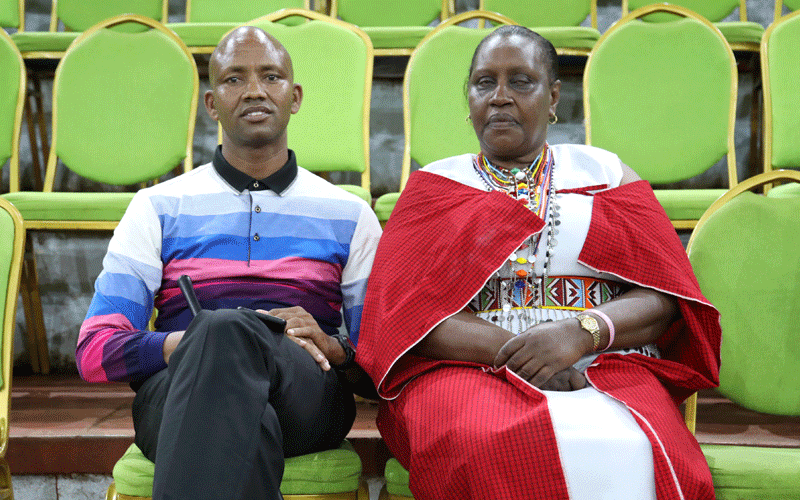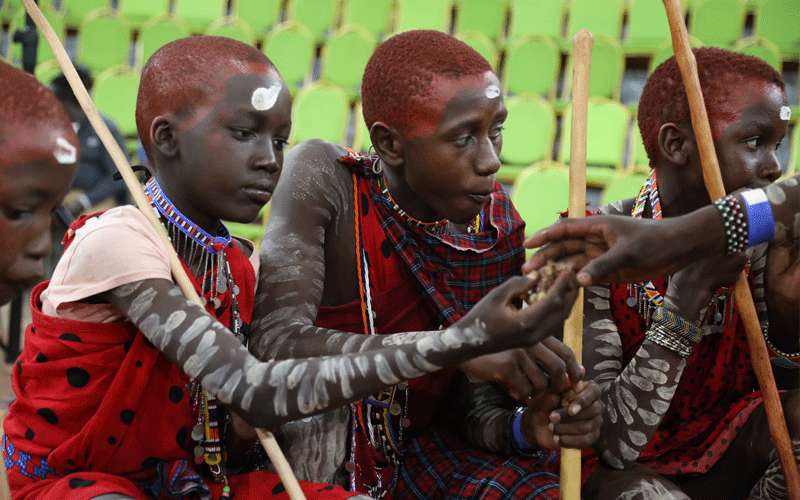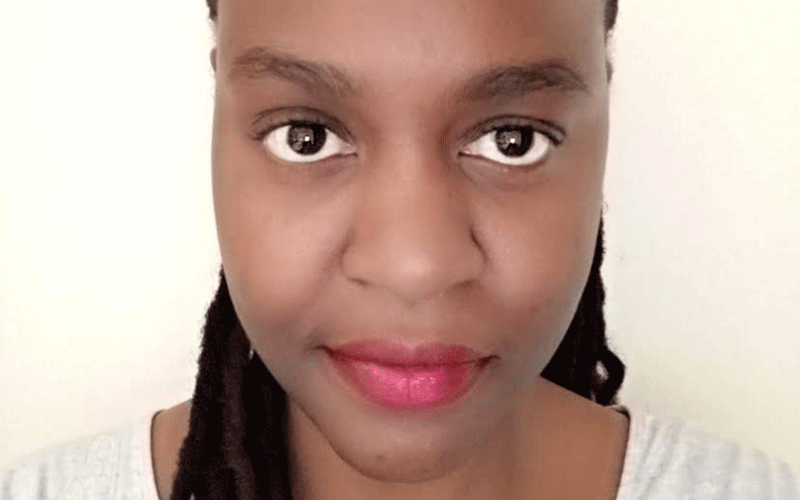City families weave new ways to keep culture alive

While parents in urban settings may not ditch culture altogether, they alter cultural ceremonies to fit in with the spirit of the times as well as maintain a semblance of familiarity.This is what happened when Maasai Enkipaata, a four-day funfair in the village was conducted in one day in Nairobi.
Manuel Ntoyai @manuel_ntoyai
Preserving culture has presented a problem for urban-based parents, showing another face of the society that is slowly fading into oblivion.
For most of them who live in the cities and towns where lifestyle is more cosmopolitan, and are keen on preserving their traditional and cultural links, which can only be found at the countryside, it is mission impossible.
Holidays would normally be the times when they would converge in the villages, where the task of educating their children the traditional ways of their people is handed to the elders.
Many would say Reto Women Association had foreseen the future, when they hosted the Maasai Enkipaata ceremony at the Bomas of Kenya towards the end of last year in conjunction with Mayian FM and Maafleva entertainment.
The association draws its membership from women who ideologically identify themselves with the Maa people and or affiliated to them through marriage.
Enkipaata is a Maasai traditional cultural ceremony performed by uncircumcised boys above 12 years of age in preparation for circumcision.
Enkipaata is among three main events performed by all age-set members coordinated and controlled by their elders (Enkipaata, Eunoto).
It is normally a four-days funfair, but this time, the women group did it all in a single day at the city, away from the bushy plains in the village manyattas.
Caught in the middle
During the event, boys are guided on several life skills issue such as leadership, cooperation, love and sharing, among others.

The cultural ceremony is the first of the three consecutive rites of passage celebrated by the Maasai. Enkipaata marks graduation from boyhood to adulthood.
The association chair Julie Njeru says that the event was organised to not only promote the cultural event, but also to teach the young generation living in urban areas about the same.
“The African culture is slowly being eroded as people have become more cosmopolitan.
Again, intermarriages have contributed to this as children are caught up in between two different cultures and end up following none,” she says.
Culture is evolving much faster as a result of urbanisation because more people are coming up with new ideas, which give people the choice to adopt or reject.
The latest census report has it that urban population makes up 31.1 per cent of Kenyans, totaling 14.83 millions.
By 2050, seven in 10 people will live in urban areas. Every year, the world’s urban population increases by approximately 60 million people.
“We are witnessing more urbanisation, which has caused disruption of the bonds of community and the migrant faces the problem to replace old relationships with new ones and to find a satisfactory means of continuing relationship with those left behind,” says Diana Daido, head of Mayian FM.
Traditions with a twist
“As a station, one of the concerns we get with our urban listeners is that while they would enjoy the programming in Maa, their children couldn’t understand the language and when the partnership opportunity came for us to connect the young audience with our culture, we wanted to be part of it,” she adds.

Scholars have it that resurfacing of social ties in urban areas is not uniquely new, but has been propelled by a number of factors.
“People have created social networks by keeping ties of where they come from for social connections when need arises, for example, funerals, weddings, bride price payments in what we call social reciprocates,” says Dr Benson Agaya, a sociologist.
Agaya quotes popular scholar Milton Singer saying that people in modern cosmopolitan set-ups do not want to relinquish their cultural practices and will end up creating urban spaces to continue the culture, which might end up being reconstructed.
“Due to social disconnect caused by death of parents or family for instance or conflicts, some urban parents end up recreating and enjoying familiar set-ups, which might involve people from where they live and also share a cultural ties. This promotes a sense of community,” he adds.
According to Fiona Atieno, a sociologist, culture is important in every society, but as time goes by, people also gradually change, and so as not to become a people without belonging, they alter rites to fit in with the spirit of the times as well as maintain a semblance of familiarity.
“The new rites of passage are there just like the old ones to teach young people about their culture, but with a twist to promote what is now considered culturally acceptable and what is progressive.
This includes focus on education, discouragement of early marriage and circumcision of girls while bringing forth a true identity of a woman and its empowerment,” she says.












